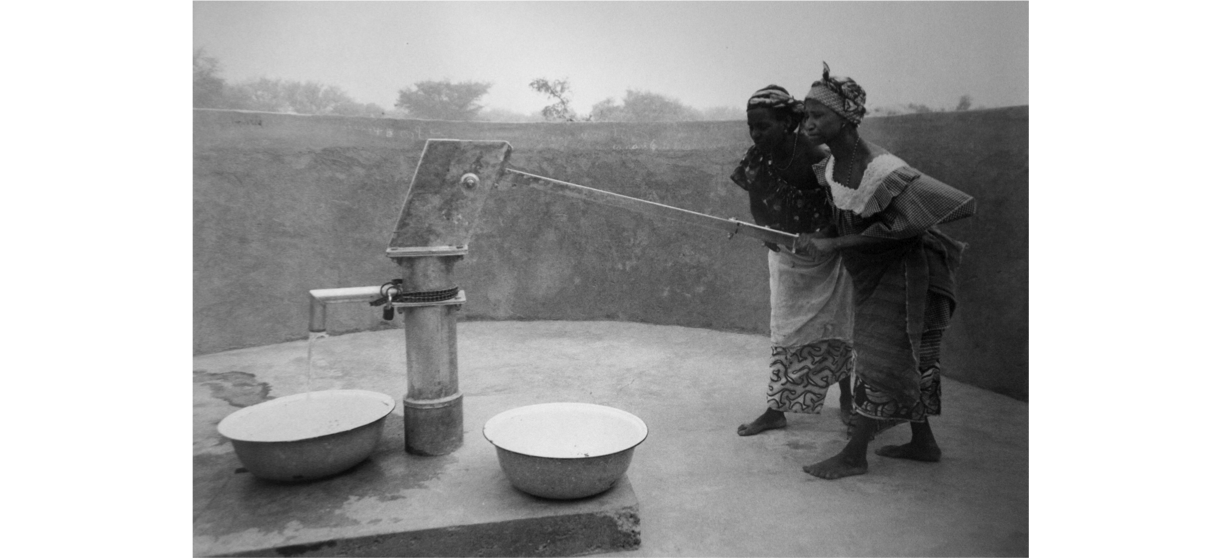by Lauren Adamson
 |
Jeanette A. Brown, Ph.D. spoke about how women have the potential to help alleviate the WASH (Water, Sanitation, and Hygiene) crisis. At the 244th National Meeting & Exposition of the American Chemical Society (ACS), Brown explained that women in rural communities of developing countries often lack access to clean water and hygienic waste facilities. Women in parts of Sub-Saharan Africa fear using nearby latrines because of the risk of sexual assault, whereas the men in most of these communities can relieve themselves in undesignated areas, Brown explained.
Brown also pointed out that women must be seen as a resource in solving this problem and the issue of safe water because, “Women are more likely to commit to projects since they see the value for their children and the community at large. A study by the International Water and Sanitation Centre (IRC) of community water and sanitation projects in 88 communities found that projects designed and run with the full participation of women are more sustainable and effective than those that do not.” At Wells Bring Hope, we have long understood the important role that women must play in transforming villages with safe water. When we drill a well, a committee is formed to oversee and administer that well, and the committee must be at least fifty percent female. In addition, we provide microloans to the women in villages where we drill so that they may use the time they would have spent walking for water to develop small businesses. As Brown points out, if women were given more opportunities like these to work together and be leaders in WASH projects, their work would go a long way in helping their communities and ending the worldwide water crisis.
To read more about Brown’s speech and women helping the WASH crisis, see Women Could Play Key Role in Correcting Crisis in Clean Drinking Water and Sanitation Crisis, published in Science Daily.

